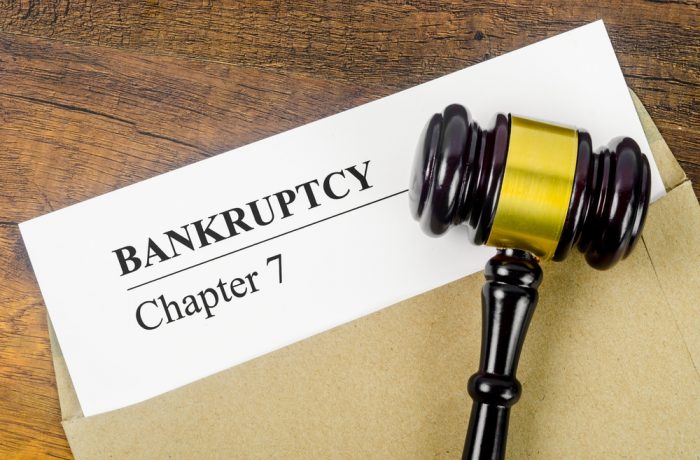The decision to declare bankruptcy can be daunting, often accompanied by fears of losing everything. However, it’s important to remember that bankruptcy laws are designed to provide protections that allow individuals to keep certain property and assets. These laws ensure a fresh start without total financial devastation, offering a sense of security in uncertain times. This article aims to clarify what property is exempt from seizure in Chapter 7 bankruptcy and offer options for petitioners to retain non-exempt property.
Understanding Chapter 7 Bankruptcy
Chapter 7 bankruptcy, often referred to as liquidation bankruptcy, involves selling a debtor’s non-exempt assets to repay creditors. However, not all property is up for grabs. Bankruptcy laws recognize that individuals need necessities and a reasonable start after the process. Therefore, they designate certain types and amounts of property as exempt from seizure.
Exempt vs. Non-Exempt Property
Exempt property refers to assets that are protected from creditors during bankruptcy proceedings. The specifics of exempt property can vary depending on state laws, but common examples include:
- Primary Residence: Most states provide a homestead exemption, allowing debtors to keep their primary residence up to a certain value.
- Personal Property: This may include clothing, household goods, and furniture up to a specified dollar amount.
- Retirement Accounts: Funds held in qualified retirement accounts, such as 401(k)s and IRAs, are typically exempt.
- Tools of the Trade: Equipment and tools necessary for work may be exempt up to a certain value.
- Public Benefits: Social Security, unemployment compensation, and disability payments are generally exempt from seizure.
- Life Insurance: Proceeds from life insurance policies, under certain conditions, may be exempt.
Options for Non-Exempt Property
If you have property that exceeds the exempt limits, there are still options to consider. This situation doesn’t mean you’re completely at the mercy of the bankruptcy process. You have the power to explore these options:
- Negotiation with Creditors: In some cases, creditors may agree to allow you to keep non-exempt property by negotiating repayment terms or offering to buy back the asset from the bankruptcy estate.
- Chapter 13 Bankruptcy: Unlike Chapter 7, Chapter 13 bankruptcy involves a repayment plan over three to five years. It allows debtors to retain all their property while repaying creditors based on their income and ability to pay.
- Voluntary Surrender: If retaining non-exempt property is impractical or costly, you may surrender the property to the bankruptcy trustee. This can simplify the process and eliminate ongoing financial burdens associated with the property.
Seeking Legal Guidance
Navigating bankruptcy laws can be complex, and the outcome largely depends on individual circumstances and state-specific regulations. But you’re not alone in this. Consulting with a qualified bankruptcy attorney is crucial. They can provide the support you need to understand your rights, maximize exemptions, and explore the best course of action for your financial situation. This support can help you face your financial challenges with confidence and clarity.
It’s important to remember that bankruptcy does not necessarily mean losing everything. The law provides protections to ensure that debtors can maintain a basic standard of living and a path toward financial recovery. By understanding what property is exempt from seizure in Chapter 7 bankruptcy and exploring available options for non-exempt property, individuals can make informed decisions to secure their financial future. Seeking professional advice early in the process can help you navigate bankruptcy proceedings with confidence and clarity, further reinforcing the fact that bankruptcy is not the end, but a new beginning.
Contact the Bankruptcy Law Firm of Figeroux & Associates today. Call 855-768-8845 or visit www.askthelawyer.us to book a consultation. The lawyer you hire does make a difference!





